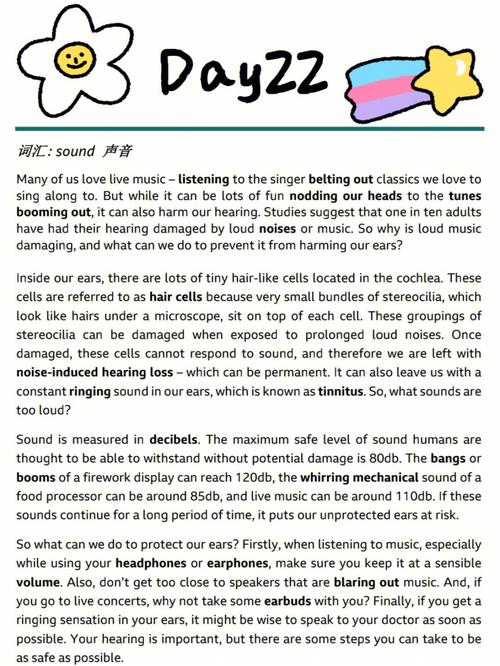
Understanding Cookie Bite Hearing Loss
Have you ever wondered what cookie bite hearing loss is? This condition, which is not as widely known as other types of hearing loss, can significantly impact a person’s quality of life. In this article, we will delve into the details of cookie bite hearing loss, exploring its causes, symptoms, diagnosis, treatment, and prevention.
What is Cookie Bite Hearing Loss?
Cookie bite hearing loss, also known as central auditory processing disorder (CAPD), is a condition that affects how the brain processes sound. Unlike sensorineural hearing loss, which is caused by damage to the inner ear, cookie bite hearing loss occurs when the brain has difficulty interpreting the sounds it receives. This condition is often diagnosed in children but can affect adults as well.

Causes of Cookie Bite Hearing Loss
The exact cause of cookie bite hearing loss is not fully understood, but several factors may contribute to its development. These include:
- Genetic predisposition: Some individuals may be more susceptible to cookie bite hearing loss due to their genetic makeup.
- Early childhood exposure to noise: Prolonged exposure to loud noises during early childhood can increase the risk of developing this condition.
- Developmental issues: Children with certain developmental disorders, such as autism spectrum disorder, may be more prone to cookie bite hearing loss.
- Brain injury: Trauma to the brain, such as a concussion, can lead to cookie bite hearing loss.
Symptoms of Cookie Bite Hearing Loss
The symptoms of cookie bite hearing loss can vary widely among individuals. Common signs include:
- Difficulty understanding speech in noisy environments
- Struggling to follow conversations on the phone
- Complaining of ringing or buzzing in the ears
- Experiencing difficulty with spatial orientation
- Having trouble with memory and concentration

Diagnosis of Cookie Bite Hearing Loss
Diagnosing cookie bite hearing loss can be challenging, as it often requires a combination of tests and evaluations. The following methods are commonly used:
- Audiological evaluation: This involves measuring the ability to hear different sounds and identifying any hearing loss.
- Speech perception tests: These tests assess a person’s ability to understand speech in various listening conditions.
- Central auditory processing tests: These tests evaluate how the brain processes and interprets sound.
Treatment of Cookie Bite Hearing Loss
Treatment for cookie bite hearing loss focuses on improving communication skills and managing the symptoms. Some common treatment options include:
- Auditory training: This involves exercises designed to improve a person’s ability to process and understand sound.
- Listening devices: Hearing aids or cochlear implants may be recommended to amplify sound and make it easier to hear.
- Speech therapy: This can help individuals develop better communication skills and improve their ability to understand speech.
- Environmental modifications: Reducing noise exposure and creating a quieter environment can help alleviate some symptoms.
Prevention of Cookie Bite Hearing Loss
While cookie bite hearing loss cannot be prevented entirely, there are steps you can take to reduce your risk:
- Avoid prolonged exposure to loud noises: Wear hearing protection when exposed to loud environments.
- Protect your ears from trauma: Use proper safety equipment when engaging in activities that pose a risk of head injury.
- Regular hearing check-ups: Early detection and intervention can help manage the symptoms of cookie bite hearing loss.
Conclusion
Cookie bite hearing loss is a complex condition that can significantly impact a person’s life. By understanding its causes, symptoms, diagnosis, treatment, and prevention, individuals can take steps to manage their condition and improve their quality of life.
| Causes | Symptoms | Diagnosis | Treatment | Prevention |
|---|---|---|---|---|
| Genetic predisposition, early childhood exposure to noise, developmental issues, brain injury | Difficulty understanding speech, ringing or buzzing in the
Related Postswellness soft puppy bites,What is Wellness Soft Puppy Bites?What is Wellness Soft Puppy Bi… two bit barber shop,Two Bit Barber Shop: A Hidden Gem in the Heart of the CityTwo Bit Barber Shop: A Hidden … Like |







